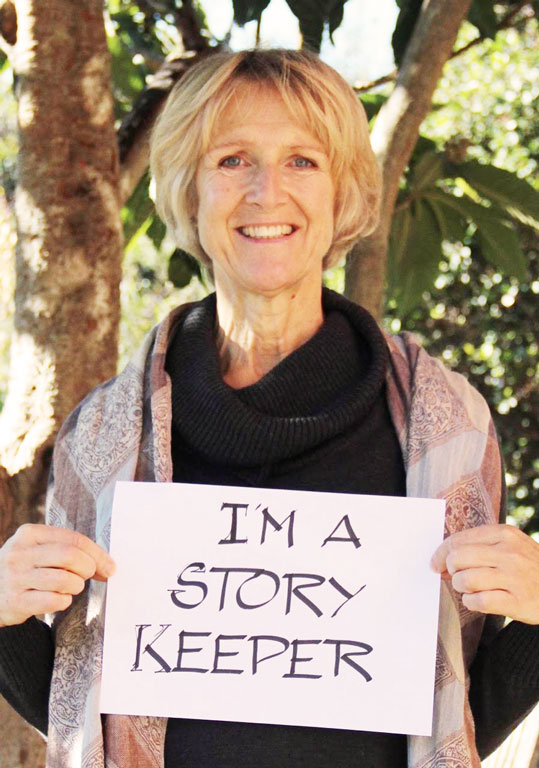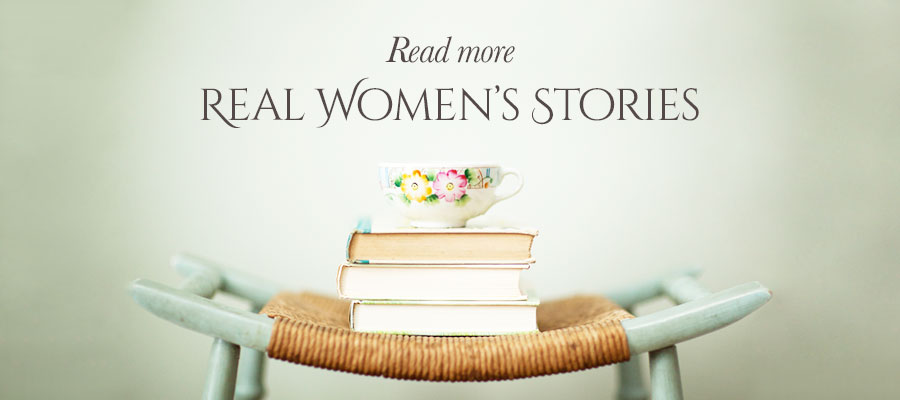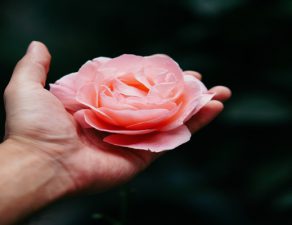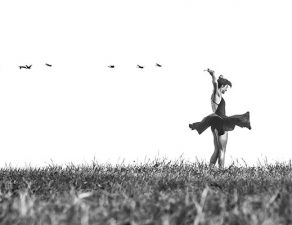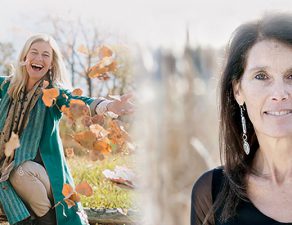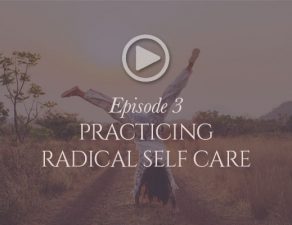
Mindfulness, Depression and Inner Strength
I woke up to the familiar sinking feeling in my stomach. As if remembering some bad news, my mood started to take a dive.
This was the first sign of a nascent depression and my usual response was to run like mad, figuratively speaking. Normally I push myself out of bed, drink strong tea, stretch and breathe through the standing asanans of an ashtanga yoga routine, and think very hard how to get out of the downward spiral. Thoughts spin round about changing my life, job, relationship, home (only the small stuff!) and the depression takes hold. I bluff my way through the next slice of life with coping mechanisms and do a pretty good job of it. In the past from the outside it appeared that nothing could stop me as I followed my passions; working as a dive guide in the Galapagos Islands, sailing across the Atlantic, environmental planning in London and Boston, developing a busy massage practice with discerning clients on the Cote D’Azur and in the Alps. However, there were regular phases where the basic task of living seemed completely overwhelming.
On this particular day I did it differently. This was the beginning of the rest of my life. I stayed in bed and opened myself up to the darkness that was descending, I took a deep breath and moved towards the crushing feeling in my chest, the hollowness in my stomach, the buzzing between my ears. I had a strong urge to flee but kept with it, every time my body shut down and resisted the fear I opened it up again. Mindfully focusing on the detail of the air moving in my nostrils gradually assuaged the sinking feeling and I became the observer of the emerging depression, I was not in it I was watching it. The dance between feeling gripped by the darkness and being able to watch it from a safe place continued for a while and I got up and started my day. By lunchtime I realized that I was not in a full blown depression and I cried from relief. It was like getting my life back.
Learning how to live mindfully had paid off and I realized that the lifetime of running from emotional pain had not worked in a sustainable way however hard I tried or fast I ran.
Years of Vipassana meditation had made me “easier to be around”, to quote an honest friend. It had helped greatly with mood swings and the marks left by a troubled adolescence, but I was still subject to depressive relapse. At the end of my second 10 day Vipassana retreat, the silence was officially broken and gentle conversation rumbled through the refectory. My neighbor complained that the teachings we had just received had been taken up by an american called Jon Kabat-Zinn and turned into his secular mindfulness programme, now available worldwide in hospitals, schools, prisons and homes. Despite the misgivings of my fellow meditator I thought this sounded like a good idea, but still didn’t feel like speaking after the long silence, so I said nothing.
A year later thanks to a chance meeting with the aforementioned Jon Kabat-Zin, where I experienced first hand his embodiment of the practice, I felt inclined to take an 8 week Mindfulness course. During this study period in London I learned how to mindfully bring awareness, non-judgement and acceptance into my every day life, principles that had been explained on the Vipassana course but which I had been promptly leaving on the cushion as soon as I finished my morning sitting practice!
With mindfulness training we were encouraged to stay in the moment when eating, showering, driving, having conversations, basically at any moment of the day, every moment if possible! On the day I dived into a depression mindfully and resurfaced at peace, I knew I had to teach. I still experience anxiety, low moods, difficult days but for 5 years I have not been depressed.
Living mindfully got me through grade 4 breast cancer, a mastectomy, and a fraud that left me financially insecure. Teaching has filled me with joy, witnessing students who were lost stepping into a place where they can cope, seeing the light come back into people’s eyes, hearing stories of improved relationships, less pain, enhanced creativity, deeper sleep, more courage and most of all a sense of “knowing who I actually am”.
This is where I feel mindfulness practice is of great value to women finding their true place in the world. It is vital that we first find our true place within ourselves. When we can sense our bodies, make friends with our emotions, and check out the stories in our heads then we can sort out who we really are and know intimately the subtleties of our own moods, insecurities, desires, and strengths. When we live mindfully we are able to handle the darkness, know who we really are, and recognize when we are not being ourselves but rather telling ourselves who we should be, trying to fit some mold created by others or ideal set by ourselves.
In making a clear connection with ourselves, we will know what is our true desire and what is a reaction to the outer world – to the fashion photos, the washing powder adverts, the glass ceiling at work, anything that works on our insecurities and says we are not good enough. I believe that we have significant strength within once we rediscover our worth and realize that we have what the world urgently needs to right itself.
Once we are self-realized through gentle mindfulness practice, however imperfectly, we will be out there healing, helping, changing, guiding, moving and shaking with power and enthusiasm.
We will be supporting each other as women and making our offering to society and to the environment, finding strength in being just who we are, one moment at a time.


